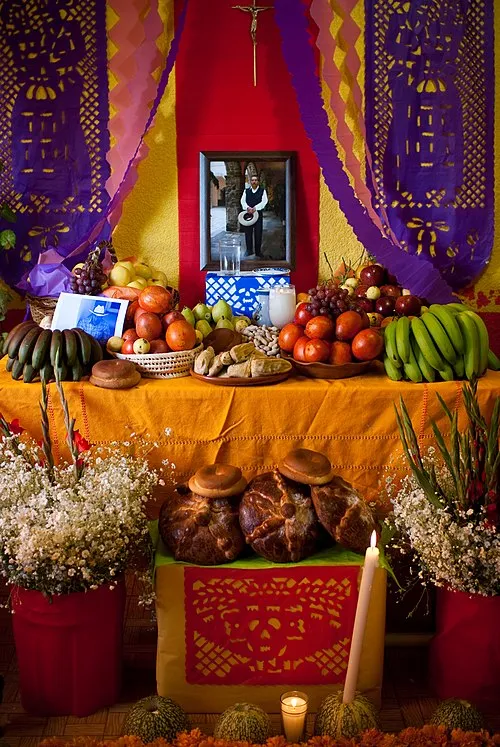
Celebrating Independence Day: Antigua and Barbuda's Journey to Freedom
Independence Day holds a significant place in the hearts of the people of Antigua and Barbuda. Celebrated annually on November 1st, it marks the momentous day in 1981 when these twin islands gained independence from the United Kingdom. This day is more than just a date on the calendar; it represents the culmination of a long-standing struggle for self-determination and national identity.
The Historical Context
The journey towards independence in Antigua and Barbuda was shaped by a series of historical events that spanned several centuries. Initially colonized by the British in the 17th century, the islands underwent significant changes, including the introduction of sugar plantations and the enslavement of Africans.
Throughout the 20th century, a rise in nationalistic sentiments led to a growing demand for self-governance. The formation of political parties, along with labor movements, played a pivotal role in nurturing a sense of unity among the citizens. In 1967, Antigua and Barbuda was granted a degree of internal self-government, setting the stage for full independence.
The Road to Independence
On November 1, 1981, Antigua and Barbuda officially became an independent nation following constitutional changes and negotiations with the British government. The first Prime Minister, George Walter, led the nation towards a new chapter, emphasizing unity, progress, and national pride.
Celebrations and Traditions
Independence Day is celebrated with great enthusiasm across Antigua and Barbuda. The festivities commence with a flag-raising ceremony followed by parades that feature vibrant costumes, traditional music, and dance performances. Schools, community groups, and government organizations participate in showcasing their rich cultural heritage and expressing patriotism.
Many locals and visitors gather to witness the Independence Day Parade, which showcases colorful floats, marching bands, and performers dressed in the national colors of red, blue, and white. The event is not only a display of national pride but also an opportunity for the community to come together and celebrate their achievements.
Reflecting on the Meaning of Independence
For the people of Antigua and Barbuda, Independence Day serves as a reminder of the sacrifices made by their ancestors and the resilience that has shaped their identity. It is a time to reflect on the progress made since gaining independence and the ongoing challenges that the nation faces.
Over the years, Antigua and Barbuda has made strides in tourism, education, and environmental conservation, all while maintaining its rich cultural heritage. Independence Day celebrations often include discussions about the future and how to continue promoting sustainable development for generations to come.
Conclusion
Independence Day in Antigua and Barbuda is more than just a national holiday; it is a celebration of freedom, unity, and cultural pride. As the nation continues to evolve, the spirit of independence remains a driving force in the pursuit of progress and development. Each year, as citizens gather to commemorate this important day, they honor their past while looking forward to the future with hope and determination.






